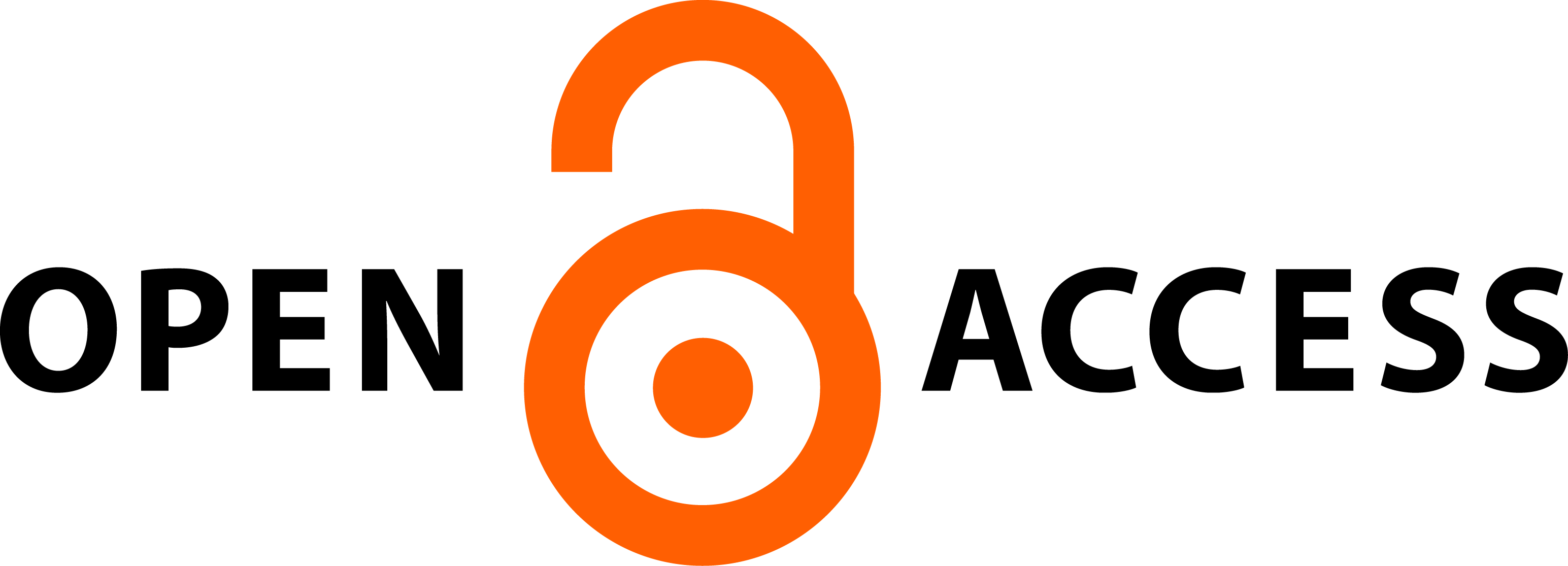ISU KONTEMPORER PERAN NOTARIS DALAM AKAD MURABAHAH DI LEMBAGA KEUANGAN SYARI’AH
DOI:
https://doi.org/10.21154/muslimheritage.v4i1.1589Abstract
ABSTRACT
In the growth and development of the Islamic Financial Institution (LKS) in Indonesia, there are three major challenges: First: how LKS can be an alternative financial institution for the community, especially the Muslim community. Second: Product innovation and growth must develop and still be able to compete with conventional financial institutions. And third: the products offered must still maintain the principles of Islamic shari'a. In providing guarantees of safety and comfort to customers, the role of the notary in the LKS is to provide legality. In the service function, a notary who has an attitude of honesty, fairness, transparency and neutrality (impartial to anyone) becomes an added value for the community to trust sharia financial institutions as a place for murabahah financing contracts that use collateral / collateral as a condition of the financing contract. With the descriptive method, this paper describes how the position and role of the notary in the Murabahah contract in the Syari'ah Financial Institution. In Murabahah financing, the role of the notary as a general official making deed becomes the legal strength of the parties in: making a Deed of Sale (AJB), Fiduciary contract / agreement, Power of Attorney (SKMHT) and Deed of Recognition (APHT) and Recognition Deed Debt. So that the parties who are in agreement can get a guarantee that is legally binding on the contract and can be used as an authentic deed if there is a dispute or something else related to the law.
Keywords: Notary Role, Murabahah Agreement, LKS, Authentic Deed.
ABSTRAK
Dalam pertumbuhan dan perkembangan Lembaka Keuangan Syari’ah (LKS) di Indonesia, terdapat tiga tantangan besar:, Pertama: bagaimana LKS bisa menjadi lembaga keuangan alternatif bagi masyarakat, khusunya ummat Islam. Kedua: Inovasi dan pertumbuhan produk harus berkembangan dan tetap bisa bersaing dengan lembaga keuangan konvensional. Dan ketiga: produk-produk yang ditawarkan harus tetap memepertahankan prinsip-prinsip syari’at Islam. Dalam memberikan jaminan keamanan dan kenyamanan pada nasabah, peran notaris di LKS sebagaipemberi legalitas (kekuatan hukum). Pada fungsi pelayanan, notaris yang memiliki sikap kejujuran, keadilan, transparansi dan netral (tidak memihak siapapun) menjadi nilai tambah untuk masyarakat dapat mempercayai lembaga keuangan syariah sebagai wadah tempat terjadinya akad pembiayaan murabahah yang menggunakan agunan/jaminan sebagai syarat akad pembiayaan tersebut. Dengan metode deskriptif, tulisan ini menguraikan bagaimana kedudukan dan peran notaris dalam akad Murabahah dalam Lembaga Keuangan Syari’ah. Dalam pembiayaan Murabahah, peran notaris sebagai pejabat umum pembuat akta menjadi kekuatan hukum para pihak dalam: membuat Akta Jual Beli (AJB), akad/perjanjian Fidusia, Surat Kuasa Membebankan Hak Tanggungan (SKMHT) dan Akta Pemberian Hak Tanggungan (APHT) dan Akta Pengakuan Hutang. Sehingga para pihak yang berakad sama-sama mendapatkan jaminan yang berkekuatan hukum atas akadnya dan bisa dipergunakan sebagai akta otentik jika dikemudian hari terdapat sengketa atau hal lain yang berkaitan dengan hukum.
Kata kunci: Peran Notaris, Akad Murabahah, LKS, Akta Otentik.
Downloads
Published
Issue
Section
License
Requirements to be met by the author as follows:
- Author storing copyright and grant the journal right of first publication manuscripts simultaneously with licensed under the Creative Commons Attribution License that allows others to share the work with a statement of the work's authorship and initial publication in this journal.
- Authors can enter into the preparation of additional contractual separately for non-exclusive distribution of a rich version of the journal issue (eg:post it to an institutional repository or publish it in a book), with the recognition of initial publication in this journal.
- Authors are allowed and encouraged to post their work online (eg, in institutional repositories or on their website) prior to and during the submission process, because it can lead to productive exchanges, as well as citations earlier and more severe than published works. (see The Effect of Open Access).
















